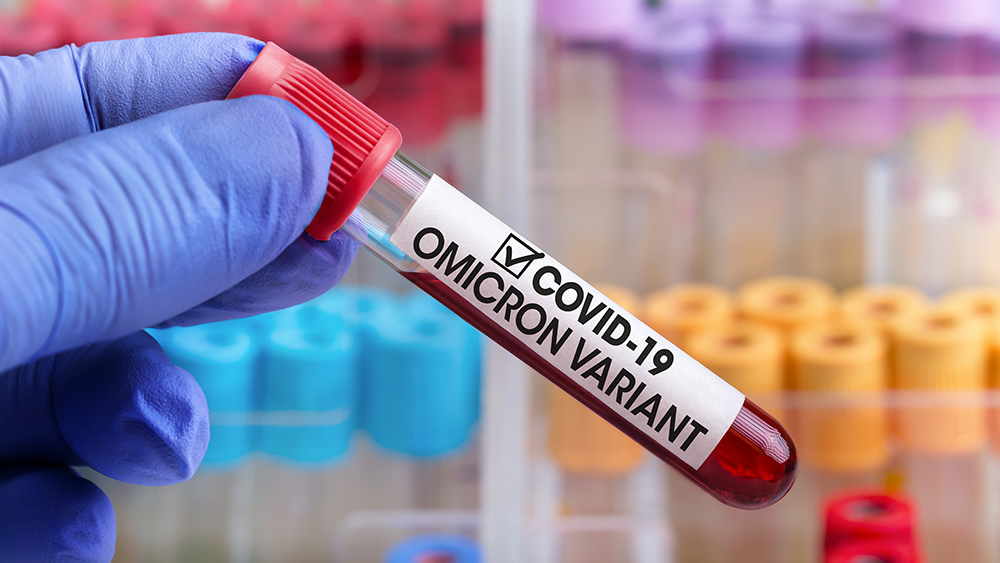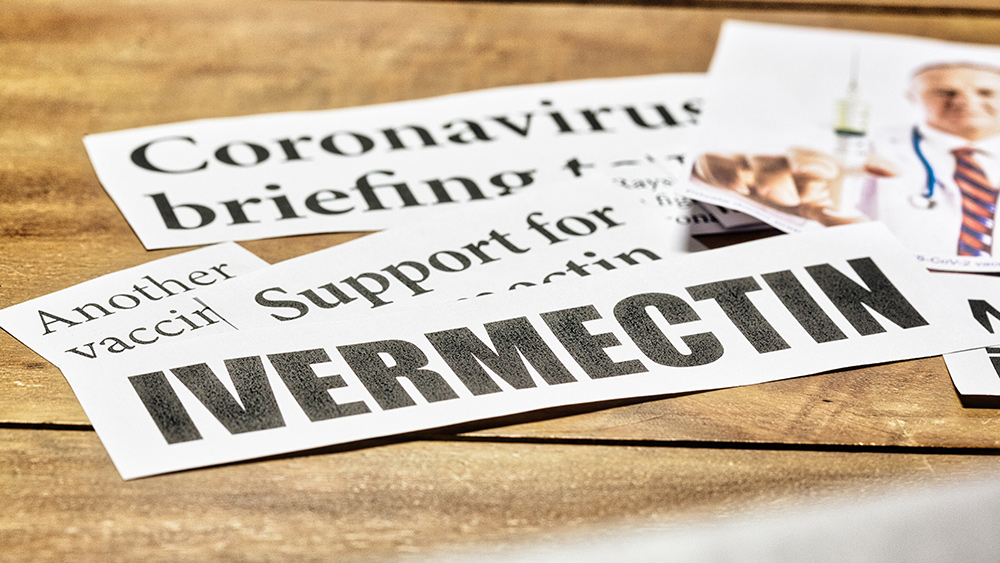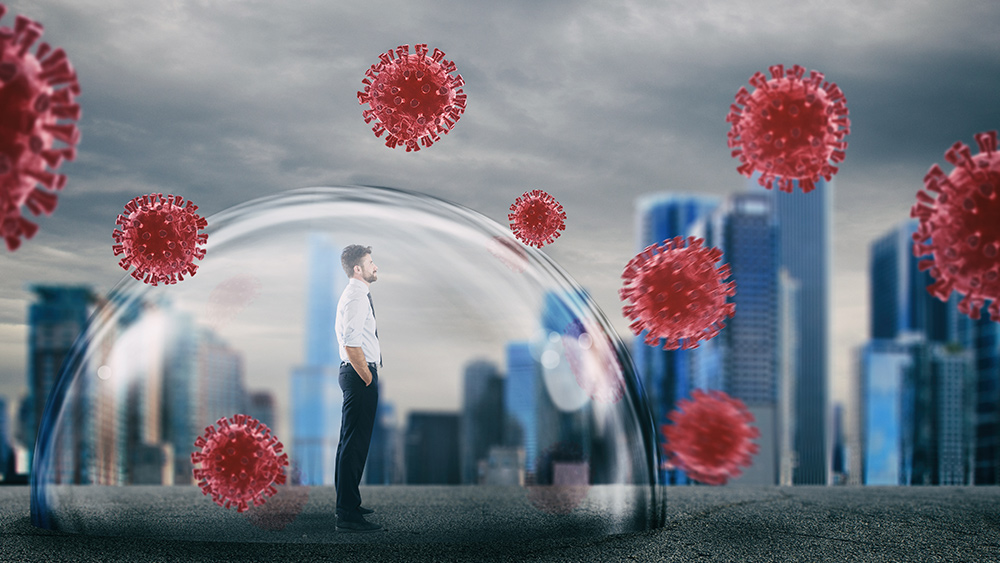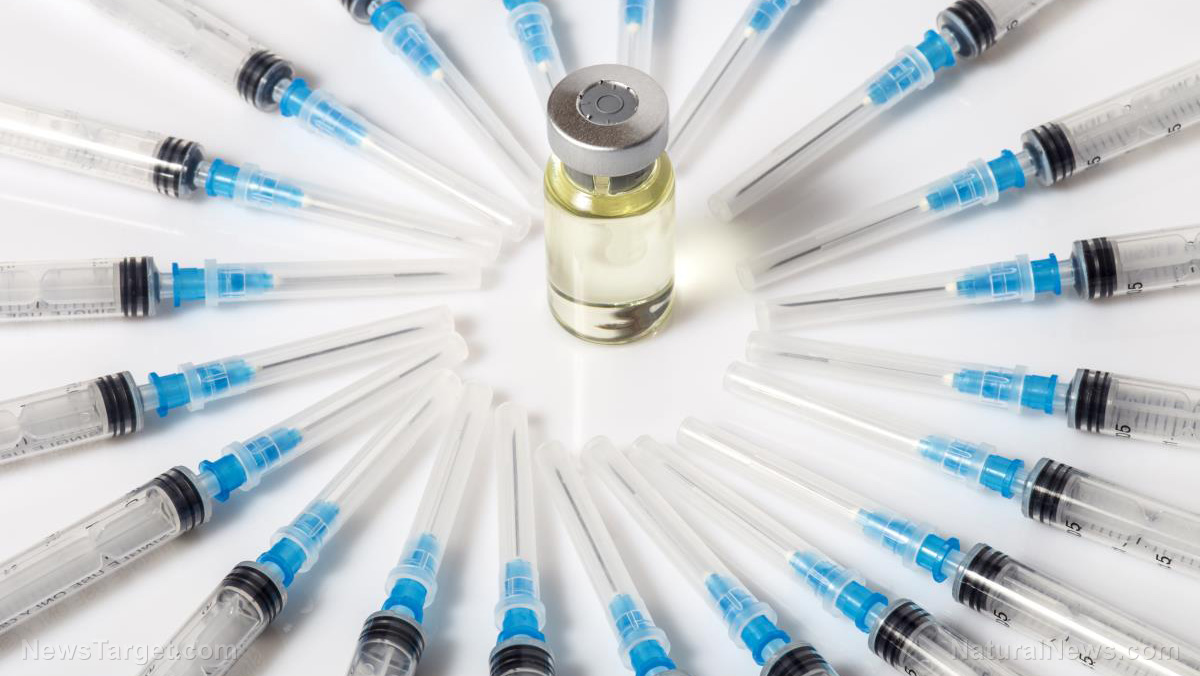Israel scientists cure 100% of covid patients with new therapy that mitigates cytokine storm
02/09/2021 / By Lance D Johnson
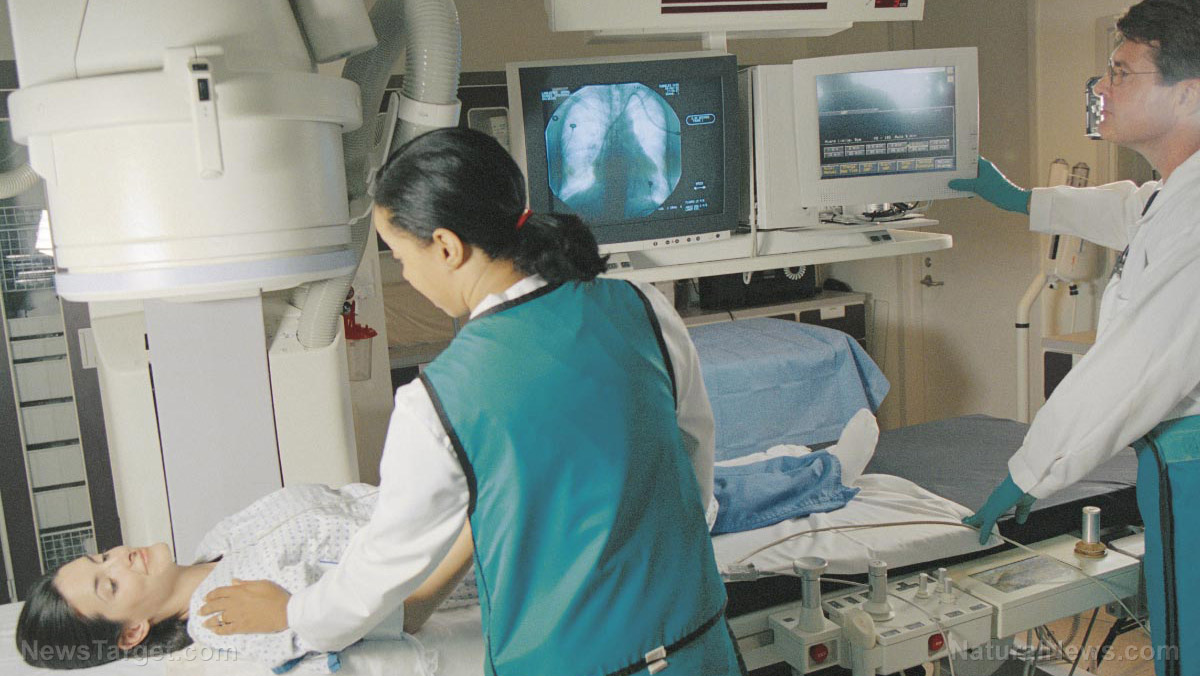
Israeli scientists have developed a promising new immune therapy that cured 100 percent of covid patients in three to five days. The therapy helps mitigate the cytokine storm that is sometimes observed in covid patients. The Tel Aviv Sourasky Medical Center has developed a drug called EXO-CD24, which functions as an experimental inhaled medication. In the Phase 1 clinical trial, the medication cured all thirty cases of moderate to severe covid-19 infection. The medication is inhaled for a few minutes, once a day, for five days.
The immune therapy mitigates the overproduction of cytokines, restoring inter-cellular communication, and helping the person’s immune system detect and combat replicating viruses. Because it is delivered precisely to the lungs, there are no systemic side effects, as often observed with oral or injected drugs.
New immune therapy medication cures all covid patients in phase 1 clinical study
Around 5-7 percent of covid patients suffer from a cytokine storm. This is when the immune system overreacts and starts attacking healthy cells in the lungs. The inhaled medication uses exosomes (vesicles) that are typically released from cell membranes. These exosomes are released for the purpose of inter-cellular communication. The medication enriches the exosomes with 24CD protein. In a healthy immune system, this protein is expressed on the surface of the cell and helps regulate the immune system. The medication supplies the lungs with this critical protein for inter-cellular communication, to help modulate a healthy immune response. The people who experience complications from respiratory infection are lacking critical surface surveillance proteins that help the immune system communicate and detect viral threats.
The hospital in charge of the study, reports: “To date, the preparation has been tried with great success on 30 severe patients, in 29 of whom the medical condition improved within two to three days and most of them were discharged home within three to five days. The 30th patient also recovered but after a longer time.”
The drug can be produced very quickly and distributed at a very low cost to hospitals and pharmacies around the world. “Even if the vaccines perform their function, and even if no new mutations are produced then still in one way or another the corona will remain with us,” said Prof. Nadir Arber, director of the medical center’s Integrated Cancer Prevention Center. “To this end, we have developed a unique drug, EXO-CD24.” The research is built upon the work of Dr. Shiran Shapira who has been researching the CD24 protein for over two decades.
Finding the underlying causes of damaged immune systems is key to overcoming infectious disease
No matter the level of masking, no matter how many vaccines are pumped into people’s arms; populations continue to suffer from respiratory illness, whether its covid-19, pneumonia, one of many hospital-acquired infections, or any other influenza mutation or coronavirus variant. The demand for antiviral drugs and immune therapy is high, and will remain high well into the future as malnourished, over-vaccinated populations seek medical help for their autoimmune issues, inflammatory conditions, strained lungs and compromised cellular terrain.
Another protein that is an important facet of the human immune system is mannose binding lectins (MBLs). A subset of human populations is born deficient in MBLs, a surface surveillance protein that helps the immune system detect invading pathogens. MBLs are unique because they can bind to the surface of microbes and activate the complement system in an antibody. Deficiency in MBLs occurs when there is a three single point mutation in exon 1 of the MBL-2 gene. MBLs bind with sugars including N-acetyl-D-glucosamine, mannose, N-acetyl-mannosamine, fucose and glucose.
This sugar-binding process allows the protein to interact with many different kinds of viruses, bacteria, yeasts, fungi and protozoa cloaked with such sugars. Deficiency in MBLs is linked to chronic obstructive pulmonary disease and complications from respiratory syncytial virus (RSV), and other respiratory distress. Oxidative stress decreases functional airway mannose binding lectin in COPD. Mitigating oxidative stress is also important for healthy function of lung cells and surface proteins. In short, the surface surveillance proteins are an important factor in how people recover from infectious disease. Finding the underlying causes of damaged immune systems is key to overcoming infectious disease.
Sources include:
Tagged Under: antibodies, breakthrough, COVID, Cures, cytokine storm, exosomes, immune therapy, inter-cellular ocmmunication, mannose binding lectins, medication, outbreak, pandemic, research, respiratory distress, surface proteins, surveillance proteins, underlying causes
RECENT NEWS & ARTICLES
COPYRIGHT © 2017 RESEARCH NEWS









